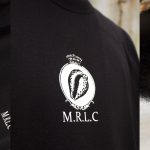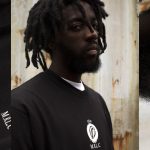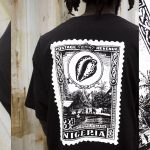Living Museums: Exploring colonial pasts, presents and futures
16 Jun 2021
Last month, the young people involved in the Living Museums project met three artists, Saoirse, Nkem and Tako, who are working with Culture Perth and Kinross to develop an exhibition that explores colonialism in museum spaces. This session was kindly organised by our partner Jordan, Senior Officer for Communities and Learning at Culture Perth and Kinross.
Below, Jordan, Saoirse and Nkem give us a glimpse into the work they are doing at Perth Museum and Art Gallery and the impact they’re hoping to have.
Jordan Irvine
Senior Officer for Communities and Learning, Culture Perth and Kinross
"Culture Perth and Kinross has been working with Saoirise Anis to bring together works from four artists: Tayo Adekunle, Nkem Okwechime, Tako Taal and Natasha Ruwona. The artists’ works will be exploring colonial pasts, presents and futures.
This exhibition offers an alternative view of how colonialism is depicted in museums and discussed in the sector as a whole. Each of the artists’ works references the Western appropriation of African culture, artefacts, and bodies. This is the first exhibition curated by Black artists to be held at Perth Museum and Art Gallery.
The exhibition itself focuses on challenging the narrative often depicted in museums which often whitewashes and reframes aspects of history. As part of this Saoirse and the associated artists have worked local young people to generate meaningful conversations about museum experiences, interpretation and the depiction of cultural museum objects which either resonate with other cultures or bring emotive feelings positive and negative about the use of language and display of these objects historically by museums and curators.
As with many museums we are looking at how to re-engage with different communities exploring their collection and culture in a variety of forms to both acknowledge the importance of these objects historically and culturally to many different people. We now have a dedicated Collection Officer – Communities to develop this engagement with those who wouldn’t have traditionally saw museums as a space for themselves to occupy."
Saoirse
An artist who is interested in her personal ancestry, and has been considering the ways in which she is responsible for the continuation of her cultural heritage. Click here to find out more
"When I was first asked to curate an exhibition at Perth Museum and Art Gallery, I didn’t have a clear idea of what the show would be. It soon became clear that this was an important opportunity to draw attention to the ways in which European Museums have perpetuated a whitewashing of history.
I often find it difficult to enjoy museums because of their unique position in our colonial histories, so it’s great to be having conversations with Culture Perth and Kinross about how museums can be held to account for this.
This exhibition will centre human experience in the story of colonial acquisition, as each of the artists take back control of their own ancestral narratives.
Working with the young people for the Living Museums project was very insightful. It was interesting to draw parallels between the different ways people might not feel welcome in a museum environment and gave me further motivation to ensure that this upcoming exhibition is as accessible as it can be.
Museums are places of education, and we want as many people as possible to be able to join in that learning with us. And, for this learning to be meaningful, it is important that we are able to communicate in a critical, sincere and supportive way, which is exactly what happened in our conversation with the wonderful young people. I can’t wait to see what they create through this project!"
Nkem Okwechime
London born Scottish Nigerian artist and printmaker living in Glasgow studying painting and printmaking at GSA. Click here to find out more
"My designs are inspired by the cultural traditions of my father’s roots in Nigeria. I enjoy blurring the lines between “fine art” and mainstream culture and have a clothing brand where I use my African derived designs on T-shirts etc as well as producing fine art prints. The prints I will be exhibiting are all screen printed.
I started my own clothing brand called M.R.L.C aged 21 inspired by the cultural traditions from my father’s side and the artistic roots from his mother. I hope to represent all the best aspects of my background and to project this into my art, revealing my own unique cultural perspective and identity.
The use of these images is complex and comes from a desire to connect to my family’s culture and understand its relevance to where I finds myself now in a Neocolonial European environment. Is the practice of using economics, globalisation, cultural imperialism and conditional aid to influence and exploit a country any improvement on previous colonial methods of direct military control or indirect political control?
The 'One Shilling' series reappropriates colonial Nigerian Stamps from the 1940s and 1950s replacing all the British Royal Family members, who are centred in all of these colonial stamps and epitomise the power of the British Empire, with traditional images such as the cowrie shell, a fishing village and a minaret. The Cowrie shell traditionally symbolises the West African values of prosperity, destiny and the protection of the goddess.
The postage stamp, invented by the British at the height of its imperial power and imposed on Nigeria as a symbol of that power and control juxtaposed against the cowrie, representing highly powerful goddess protection, providing prosperity and symbolising the power of destiny and traditionally recognised in the form of money or jewellery. I respectfully use the image of the cowrie, representative of the giver of life because of its resemblance to the female reproductive organs, to expose the contrast between British imperial values and traditional African values.
The images of the traditional fishing village and the Habe Minaret represent a cohesive West African culture that was part of a very successful civilisation existing for thousands of years before it was overwhelmed by the British Empire. The country of Nigeria with the borders that we recognise today was actually an invention of the British Empire."
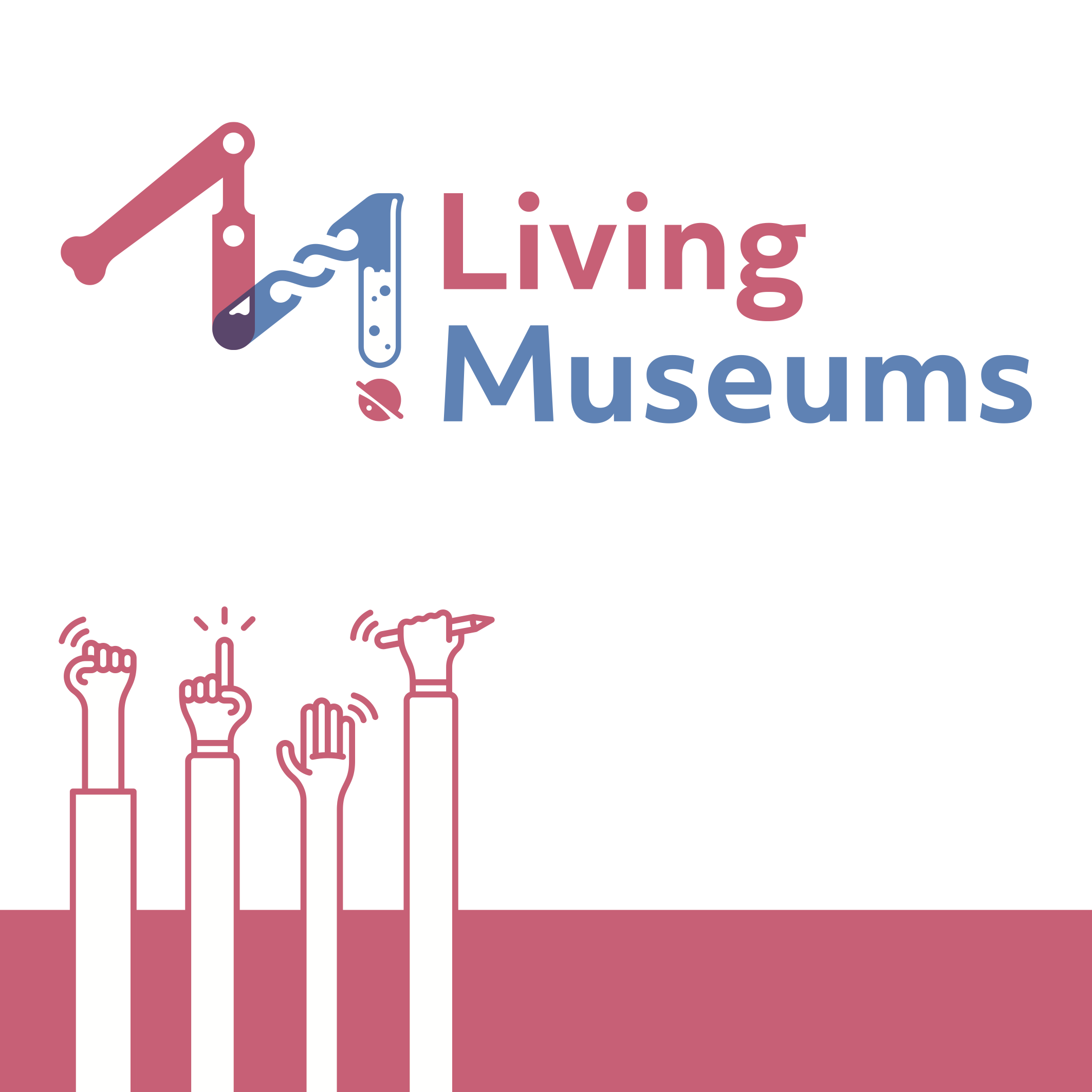
Living Museums
The project reflects on our evolving understandings and perceptions of heritage
Click here to find out moreDesigns by Nkem Okwechime

Our projects
We undertake a diverse range of work that supports our aims
Click here to find out more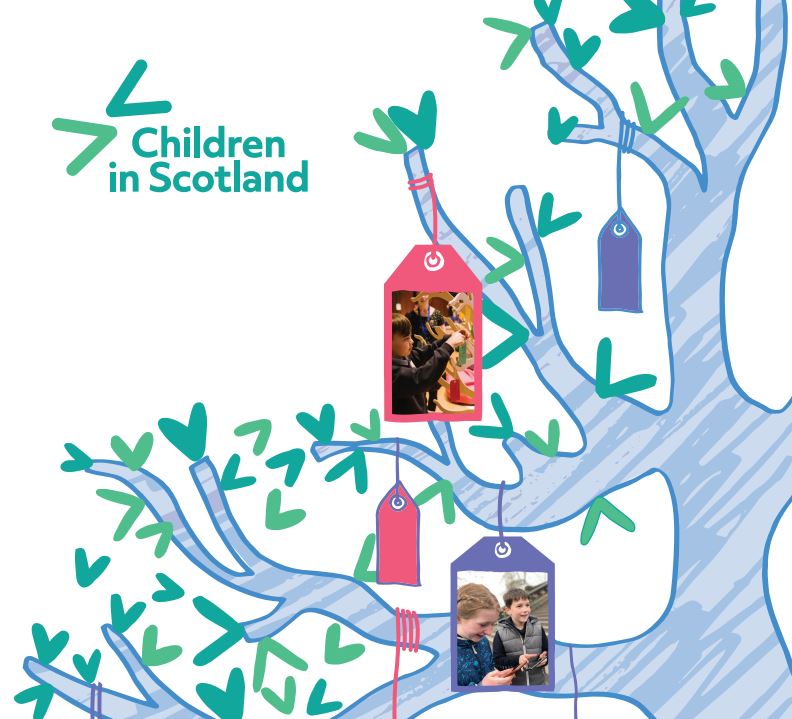
Participation & Engagement Guidelines
We developed guidelines for achieving meaningful participation with young people
Click to download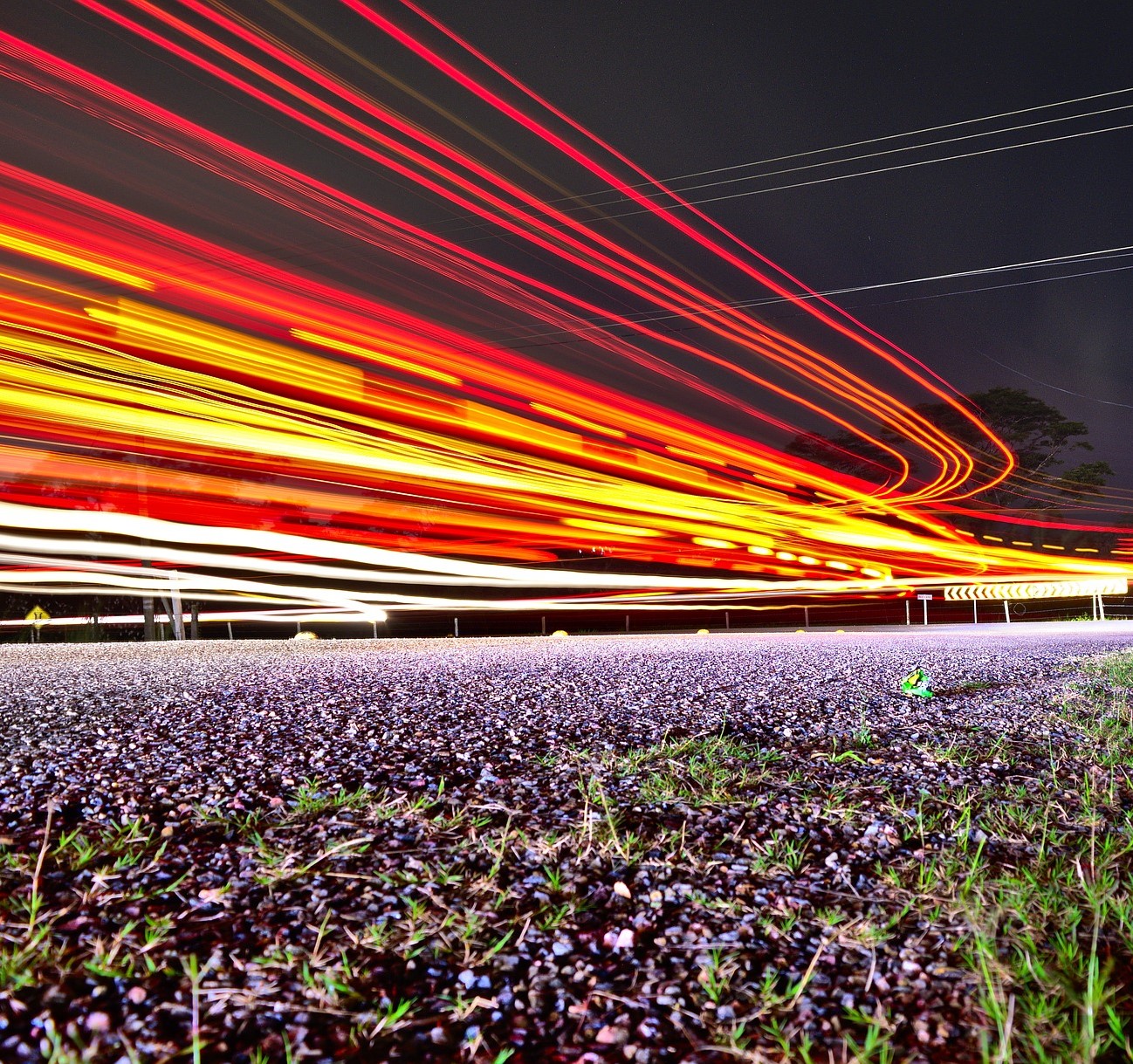
Accelerate your learning online
We're offering a full programme of webinars to cover all your training needs
Click to browse training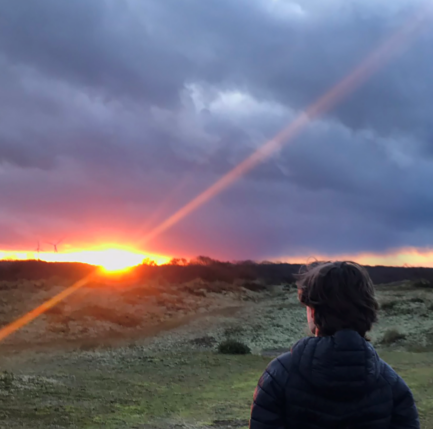
Hope in hard times
Our 2021-26 Manifesto is backed by organisations from across the children's sector
Click to find out more
Join us in membership
Be part of the largest national children's sector membership organisation in Scotland
Click to learn more